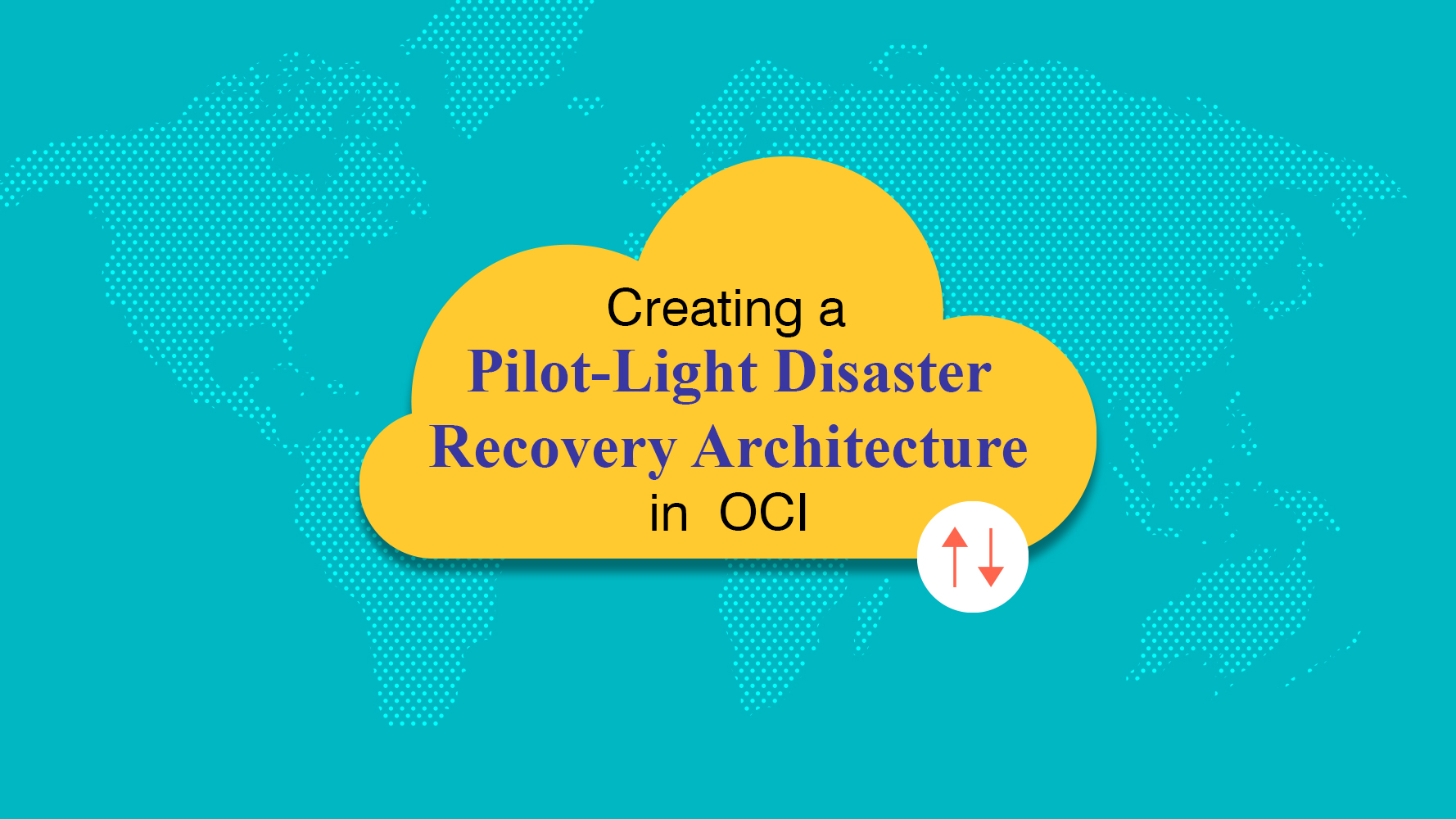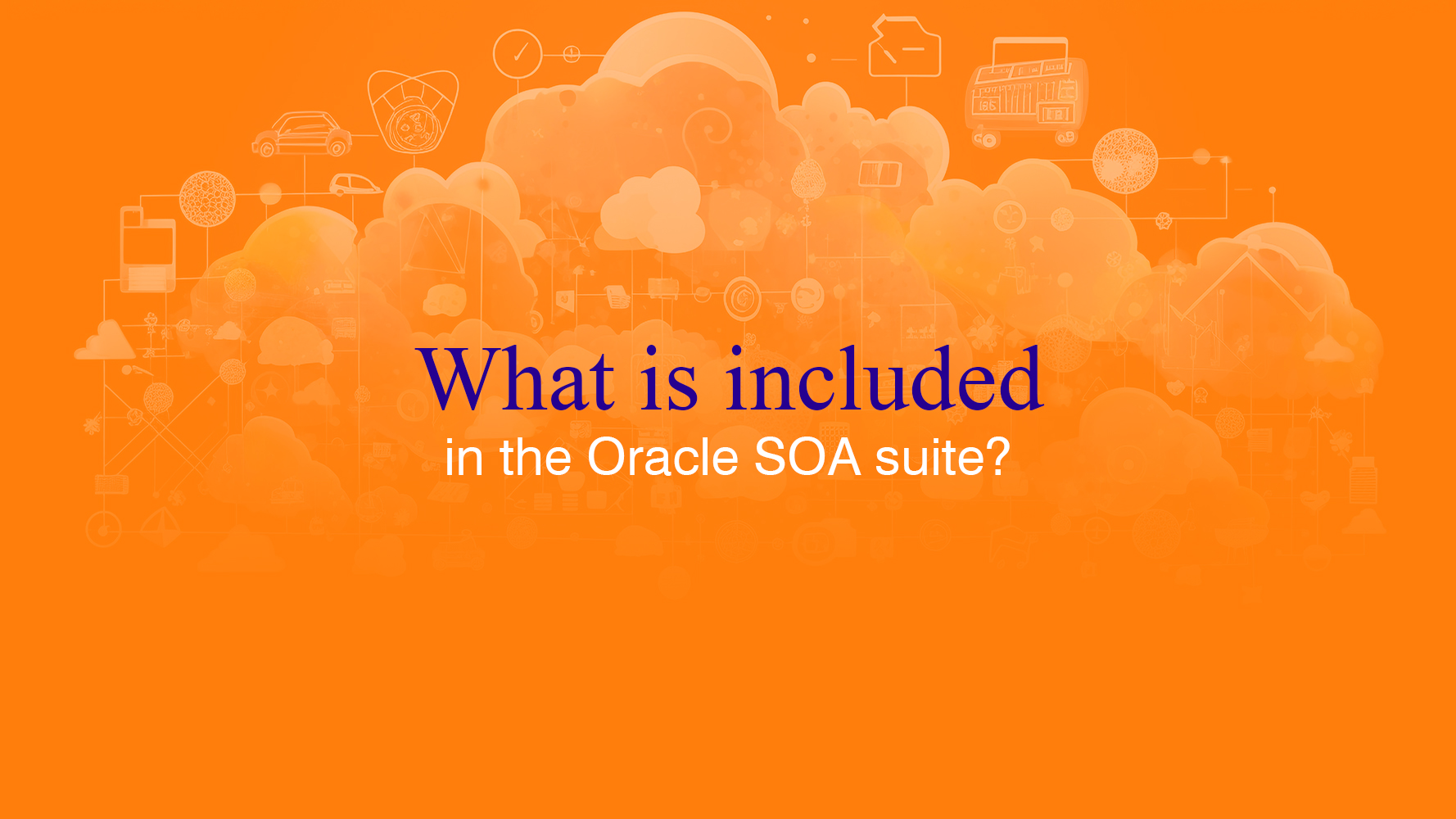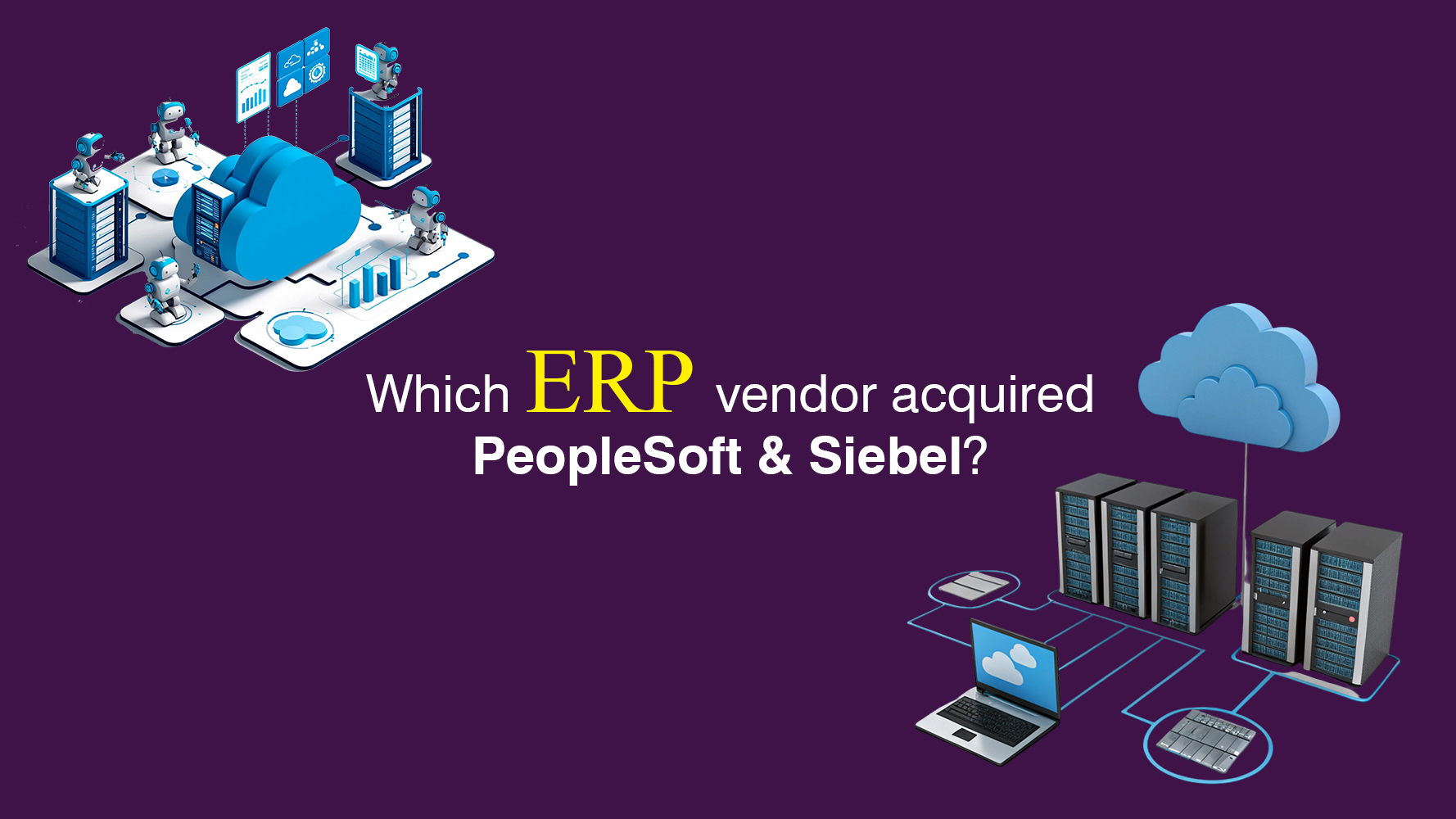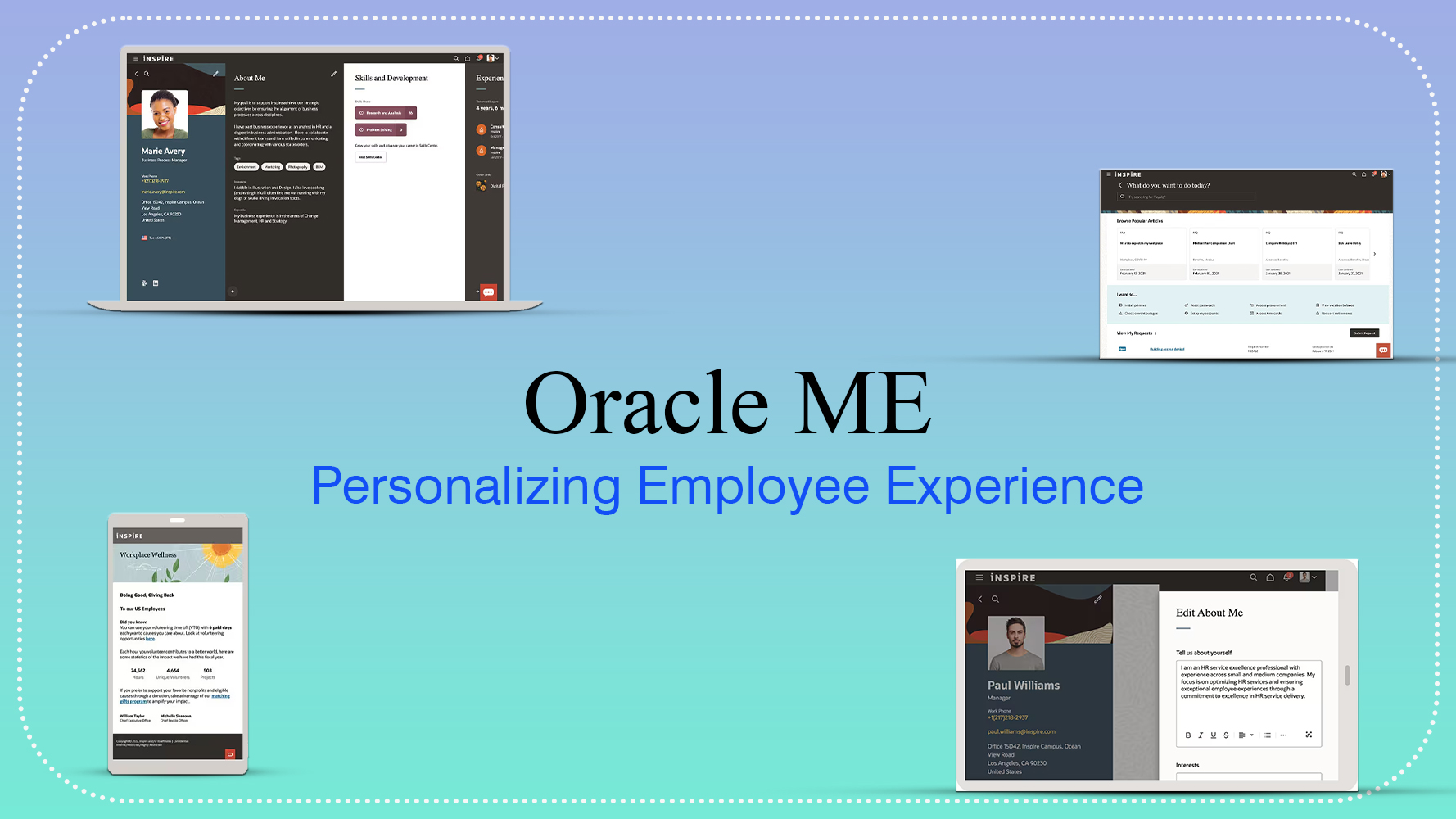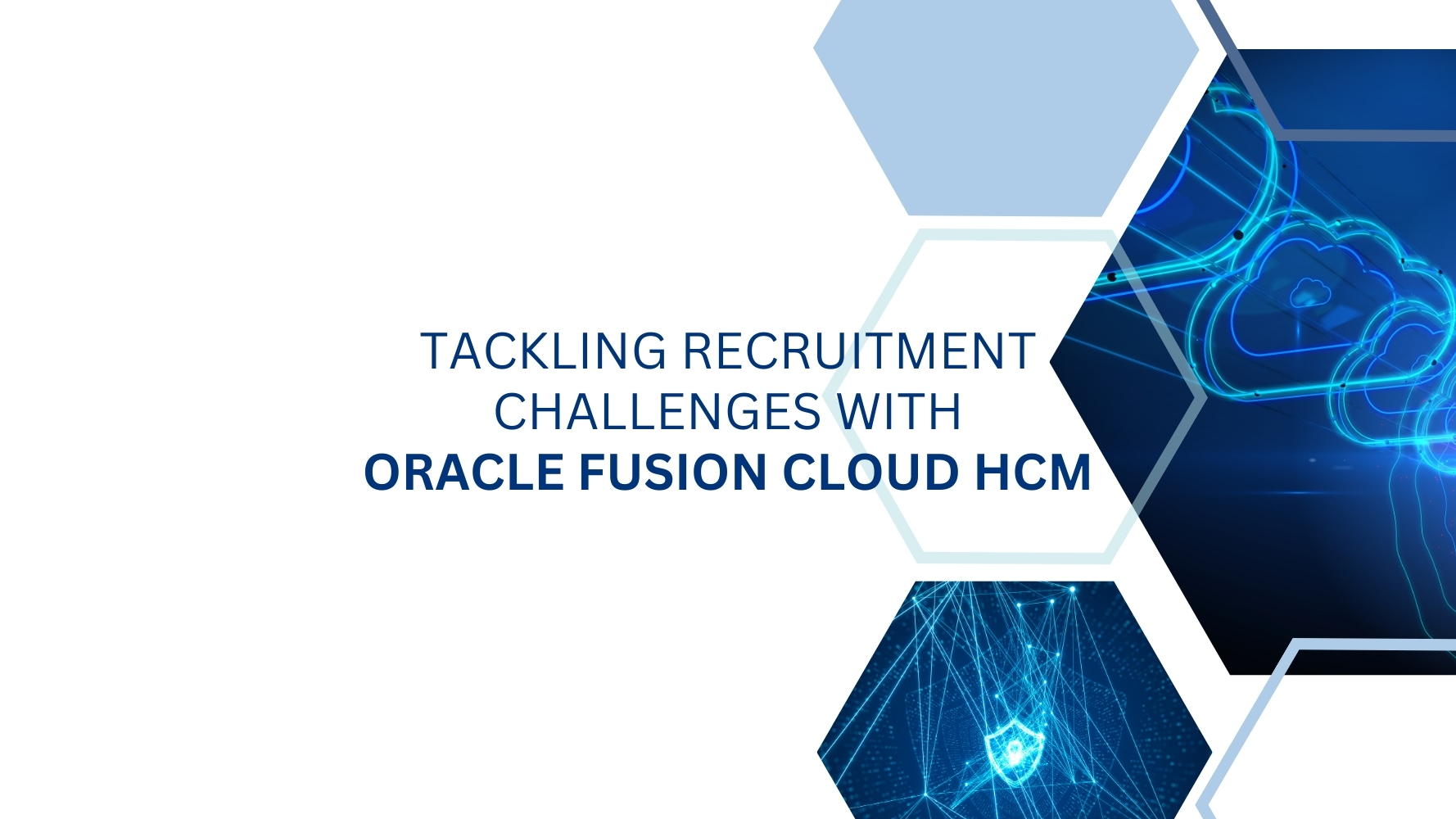Solving Healthcare Resource & Supply Chain Challenges with Oracle Fusion Cloud Applications
The Oracle Fusion Cloud Applications Suite is an all-in-one solution for healthcare organizations to address workforce, resource, supply, and patient care challenges. Let’s dive right into the topic.
What are Oracle Fusion Cloud applications?
Oracle Fusion is Oracle’s Cloud infrastructure and application development for cloud and subscription services. These next-gen applications are designed using best practices from Oracle E-Business Suite, JD Edwards, PeopleSoft, Siebel, and Primavera. Oracle Fusion Application functions include open standards-based, best practices-based business processes deployed through various options and prioritized security. It offers businesses their choice of all innovations pioneered by Oracle Fusion Applications at a speed that suits specific business demands, whether it’s one module, a product family, or the complete suite. Before moving ahead, let’s first understand supply chain management and its challenges.
What is Supply Chain Management and its challenges?
With Oracle Supply Chain Management (SCM) & Manufacturing, businesses can react swiftly to shifting market conditions regarding demand, supply, and manufacturing. Create a resilient network and process that can keep up with change by seamlessly connecting your supply chain.
Global supply chains face challenges in efficient management, including risk management and automation tools. Incorporating risk/agility KPIs in addition to cost, service, and quality is crucial. The COVID-19 pandemic and world conflicts highlight the vulnerabilities of global supply chains, while rapidly evolving customer needs further complicate the situation.
Here, listed below, are some of the problems that may arise:
- Supply chain risks are caused by market instability, shifting consumer demand, trade disputes, shortages of raw materials, climate change, environmental restrictions, unpredictable economic conditions, and industrial unrest. These risks make it difficult to manage the supply chain effectively.
- Global supply networks are prone to delays since they necessarily entail multiple phases and great distances. Long lead periods make products more vulnerable to unforeseen shipping delays.
- The cost of labor, energy, goods, and raw materials has increased globally. To ensure ongoing operations and continual delivery of high-quality goods at competitive rates, businesses must increase cost control.
- For effective supply chain management, access to data is essential. The number of data points in international supply networks makes data management a key challenge for supply chain management.
- Shipment prices have increased due to rising energy costs and increased demand for container shipping. The e-commerce boom brought on by the epidemic increased demand for container transportation.
- Supply chain operations must transform digitally by adopting technologies like IoT, AI, drones, and robotics. However, integrating these technologies across current supply chain activities is the main difficulty of supply chain management.
- Demand forecasting took time and effort to anticipate figures for manufacture and the inventory to be supplied as a result of the epidemic and the ensuing supply chain disruption.
- The epidemic hindered freight loading and unloading activities, which clogged ports. Delays in deliveries and deployments followed as a result. Businesses of all sizes have recently been forced to reinvent their operating strategies to maintain strong bottom lines and keep their client base due to supply chain difficulties.
Solutions for significant SCM challenges:
- Increased automation will aid in striking a balance between client demand, warehousing expenses, and inventory levels. Stockouts and inventory shortages are eliminated, overhead costs are reduced, and forecasting is automated to optimize inventory.
- The supply chain requires constant engagement with suppliers, manufacturers, financiers, regulators, and logistics teams. Excel spreadsheets are ineffective due to their complexity. Software solutions with automated permissions, notifications, dashboards, and real-time updates enable simple collaborations.
- Effective supply chain management depends on end-to-end visibility, encompassing everything from purchasing raw materials to customer delivery. Data logging enables effective control and analysis, assuring smooth and effective operations by tracking and monitoring the supply chain.
Organizations require tools that support the changing workplace, make use of employee skill sets, and adapt to changing needs if they are to flourish. The Oracle Fusion Cloud Applications Suite can provide insights that aid in improving patient care, navigating supply chain issues, and supporting HR. Solutions are provided for demand forecasting, improved employee experience, and smarter supply chain management.
Fusion Cloud Applications help healthcare organizations by addressing key issues and improving results, such as:
- Demand planning is crucial for healthcare organizations to optimize their workforce and improve patient care. Oracle Fusion Cloud HCM helps identify and leverage employees’ skills, while the Team Skills Center provides a centralized view of organizational skills. Oracle Strategic Workforce Planning combines HCM and EPM for “what if” scenario planning, allowing healthcare leaders to determine if internal transfers, shared resources, or additional employee hiring are necessary to meet needs and manage productivity while achieving financial agility.
- To facilitate streamlined working methods, healthcare organizations must empower employees by implementing unified cloud solutions like Oracle Fusion Cloud Applications, such as Oracle ME and Oracle Journeys. Oracle ME offers personalized growth and connections, improving engagement, retention, and productivity. Oracle HR Help Desk provides proactive support, while Oracle Digital Assistant offers quick, consistent, and intelligent support 24/7. These solutions enhance the workplace experience, ensuring data privacy and a positive work environment for healthcare workers.
- The healthcare supply chain faces challenges such as complex pricing, GPO involvement, product recalls, supply disruptions, and item substitutions. Oracle offers applications to streamline analytics, supplier rebates, replenishment planning, contract pricing, and more. The Product Recall Management solution in Oracle Fusion Cloud SCM collects data on recalled products, identifies affected goods, and manages tasks to mitigate patient risk while prioritizing safety. The Item Substitution solution uses automation and smart intelligence to automatically replace items with known substitutes, making supply chain management faster and more manageable.
- Fusion Applications help healthcare organizations make informed decisions by providing a cloud-based solution. Oracle HCM and Oracle SCM improve employee experience, connect employees across the enterprise, and enable a single source of truth for HR and finance functions. These applications leverage employees’ skills to excel in roles, manage supplies, and serve patients’ needs.
Conclusion
Thereby, Oracle Fusion Cloud for Healthcare improves patient outcomes and lowers healthcare costs by delivering data-driven decision-making tools. Automating back-office tasks, enhancing care delivery, and guaranteeing predictable cost control, also raise operational efficiency. The healthcare sector is transformed by an all-encompassing suite of technologies, which empowers healthcare providers to provide better treatment, make wiser decisions, enhance operations, and cut costs. Oracle’s dedication to healthcare and cutting-edge solutions help ensure a better future for health worldwide.
Having trouble with your supply chain management? Let Tangenz help. Our Oracle Fusion Cloud experts and IT system integrators provide consultation sessions and solutions, such as intelligent analytics, to help you improve your results. Connect now!

